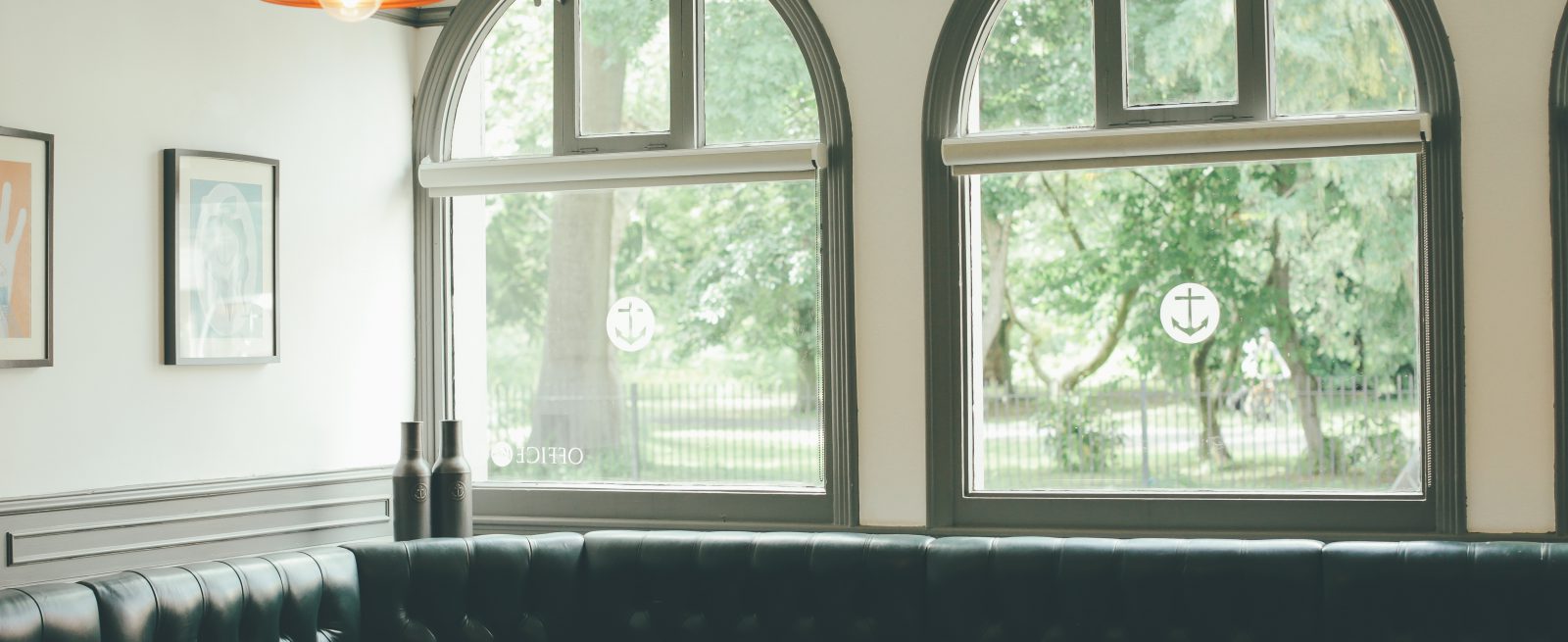Seven Important Things to Know Before Buying a Restaurant
4 Min Read By Bruce Hakutizwi
For many people, owning a restaurant is a dream opportunity. For those that are both foodies and social personalities, the chance to own a restaurant can offer a lucrative and rewarding business. Thanks to television shows, restaurant ownership has also become a glamorized part of pop culture.
When it comes to purchasing a business, restaurants also offer a lower barrier to entry than many other businesses. Statistics from 2014 and 2015 put the median cost of entering the restaurant market somewhere between $128,000 and $200,000.
These factors can make restaurant ownership very appealing, but it’s also crucial to remember that owning and operating a restaurant is hard work. At least for awhile, until you have the right staff in place you know you can trust, it will demand your presence nearly constantly. That means long hours — weekends, nights, and even holidays. In fact, your busiest working hours will likely occur during those times. If this isn’t a good fit with your lifestyle, you’re likely setting yourself up for failure.
But if you’re up for the challenge and ready to make your dream of restaurant ownership a reality, it can be an extremely rewarding and lucrative business. And there are plenty of restaurants for sale across the U.S. To set yourself up for success, you must properly approach the purchase and make sure that you don’t overlook any of the important details. Here are seven important things to determine before buying a restaurant.
What is the actual cash flow of the business?
As with any cash business, the amount reported by the seller can vary from what is reported on financial statements. The reported amount is typically lower in order to mitigate some tax liability. But because restaurants typically sell for an average of two times their annual cash flow, it’s important to confirm that the seller’s asking price is based on a verifiable, documented amount. Never rely solely on the owner’s estimate of the cash flow or what the restaurant is worth. As with any business purchase, do your due diligence in reviewing all financial documents, tax returns, equipment and building leases, etc. Retaining professionals who can help you through all stages of the purchase — from business brokers to accountants to lawyers — will help you ensure everything in the sale is accurately represented.
How will the lease be handled?
Traffic is the lifeblood of your restaurant and securing the location that’s been successful will be paramount to the future of the business. It’s ideal if you can arrange a transfer of the existing lease, primarily because landlords are often reluctant to assign leases to new owners, particularly those without prior restaurant experience. Securing the existing lease will give you the best chance of retaining the existing customer base.
How you will handle existing staff?
One of the first things you’ll need to determine is whether or not you’ll retain some, all, or none of the existing staff (if doing so is an option). There can certainly be benefits to hitting the ground running with a seasoned team that knows the ins and outs of the operation. If the restaurant you’re buying is successful and has a healthy bottom line, chances are the staff is doing something right. There can also be disadvantages to retaining existing employees, however. If you are planning to make sweeping changes to the operation, current employees may be resistant to these changes in operation or company culture. It’s important to weigh the benefits and challenges of working with employees who may know more about the day-to-day operation than you do initially. Whether you choose to hire new employees or retain current ones, you’ll need to figure out what key roles you need to fill and which employees will be the strongest in each of those roles (kitchen manager, lead bartender, etc.).
Is there a liquor license and is it transferable?
Even if you’ve never owned a restaurant before, you’ve probably dined out enough to know that alcohol is a big moneymaker for restaurants. If there is an existing liquor license and it is transferable, that can be a big bonus. Because most states only allow a set number of liquor licenses, applying for and obtaining a new one can be a challenge. If there is no existing license, or if the existing license can’t be transferred, get started on the application process right away; obtaining a new liquor license can be a long and costly process. It’s also important to understand the restrictions that can impede you from obtaining a liquor license. Your city’s zoning department or municipal equivalent may require you to submit a floor plan and business site plan. At the very least, you’ll be required to pass scheduled inspections from the fire department and health department, and to undergo a complete background check.
Where will you get your equipment?
If equipment is included as part of the sale, you’ll need to have it fully inspected to ensure it’s been maintained and is in good working order. Equipment repair and replacement costs can mount quickly and they’re something you need to control. Make sure existing equipment is thoroughly inspected so the purchase price of the business accurately reflects any necessary repairs or replacements. If equipment is not part of the sale, determine what you need to purchase to get started.
Does the restaurant have a good reputation?
It’s always important to look at Yelp and other online reviews before a restaurant becomes a serious contender on your short list of possible buys. Reputation is crucial to the success of your business. If a restaurant already has a great reputation, you may want to downplay the change in ownership until you’ve found your footing in running it. In any case, both positive and negative customer feedback should be used as a guideline of what practices to keep and what changes and improvements to make once you take over.
Will the existing owner sign a non-compete clause?
The success or failure of a restaurant is often directly related to the personality behind it. Whether it’s the owner’s culinary contributions, camaraderie with patrons, or a mix of both, their reputation with customers definitely impacts success or failure. If the existing seller has been instrumental to the success of the restaurant you’re acquiring, you’ll want to make sure that he or she won’t open a competitive restaurant in close proximity that could possibly lure customers away from you.
There are many factors that should be considered before purchasing a restaurant. And as a prospective buyer it’s important to focus on those variables that can separate a sound investment and a poor one. By asking these seven questions, you’ll increase your chances of a successful venture with your new restaurant.


